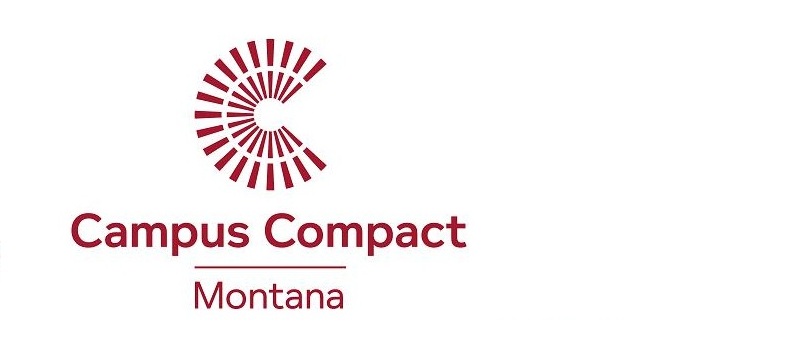The next day, I picked up the family in the morning to go on a tour of the children’s middle school. There, we met with the school counselor and the ESL teacher. School tours are often overwhelming and confusing for refugees. There are people talking at you in a different language, trying to explain the whole U.S. school system to you in an hour. Between explaining school bells, lunch and recess, and how many teachers they’ll have - it’s a lot to process. Halfway through the tour, I saw the children looking around, looking a little intimidated. Some kids were walking past us, staring at them. The family stood out, being the only people of color in the school, and the mother and daughter were wearing hijabs. Yet, they continued to be polite, smile, ask questions, and say “good morning” to everyone – even to the kids that were staring.
After the school tour, the counselor was trying to explain that there was an event going on that night, and that the family should come. Understanding the overwhelming nature of school tours and language barriers, I politely tried to tell her that they wouldn’t go, and that that’s okay. After explaining their schedules and what time the students should get to the bus stop, we were ready to leave. The counselor turned to me, a few inches from my face and said “Mm, they look like troublemakers to me”.
Something I’ve worked on in my life, and that I’m continually working on, is to speak up. I wish I would’ve responded to her, asking what she meant by that. I wish I could have called her out on that statement, in that moment. I’ve replayed it in my head on how that situation could’ve gone. Instead, I was silent. I was stunned. We were on the same school tour, and I saw the family being polite, kind, and enthusiastic the entire time.
As a member of the International Rescue Committee, and as an advocate on behalf of the family, I failed them. It’s a continual process to learn how to speak up and confront issues that are, literally, in front of your face. After thoughtful conversations with peers and coworkers, I am more prepared for the next time I face a situation like that because there will be a next time.



